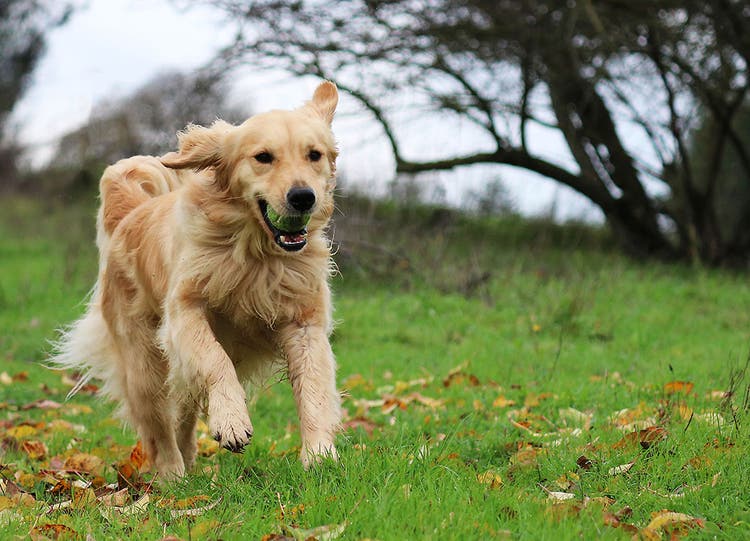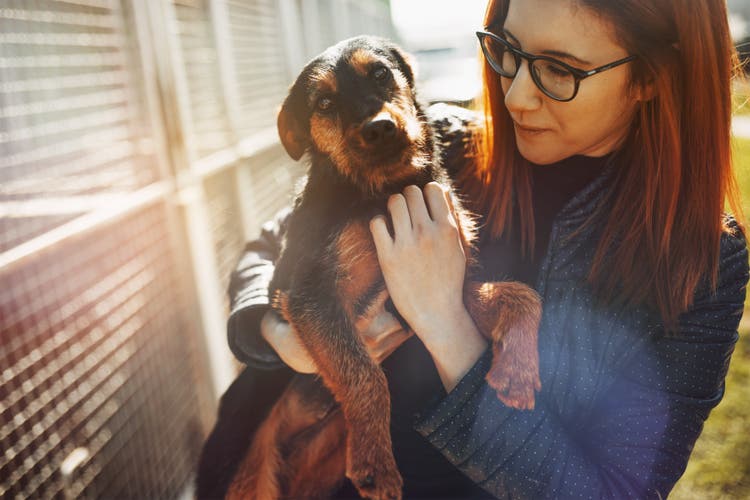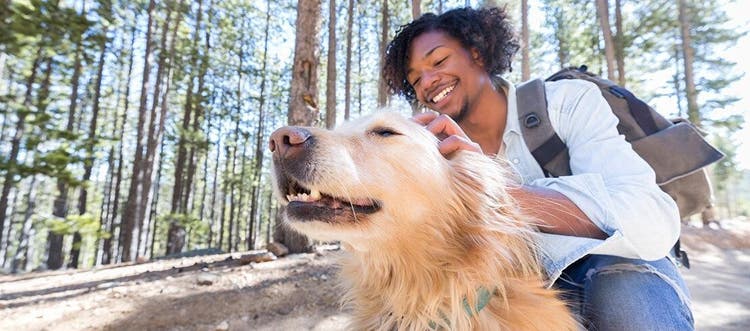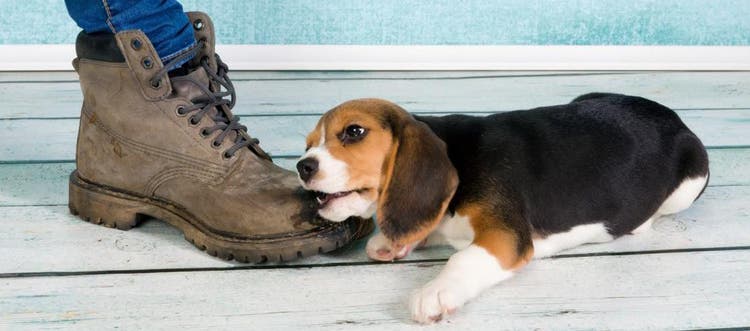Ready to buy a puppy? The journey to puppy ownership can be challenging at times, but with the proper preparation the entire process can be an exciting and heart-warming adventure.
Adopting a rescue dog is a popular option. You may also choose to buy a puppy from an ethical breeder. Either way, bringing home a new dog is a big commitment. Choose the type of dog that will suit you best now – and 10-15+ years from now. Everyone will have an opinion, but at the end of the day you have to follow your own heart…and your head. All dogs are loveable. The question you have to answer is which type of dog is the right match for you.
Choosing the right puppy for you
What temperament suits you and your household best? The breed of the dog is not the only thing that defines its temperament. Like people, temperaments differ from dog to dog and within each litter. Dogs are pack animals with a well-defined hierarchy, even from a very young age. In every litter there will be a range of personalities.
Dominant puppies who bark at their siblings or stand over them are the natural leaders. They tend to be more bold, adventurous and outgoing. Dominant dogs can also be more challenging to train and require confident owners who take the lead and set clear boundaries. Submissive puppies, in contrast, are gentle and quiet but may also tend to be fearful and anxious. These pups may shy away from new people or objects as they get older and require patient and clear leadership that isn’t overpowering. Between these two types there are the pups in the middle range, neither leaders or followers. These may make the best family dogs, as they tend to be the most adaptable.
Take your time at the breeder to observe the litter and the dynamics between all the puppies – and how they react to you. Dog personalities are as unique as ours are. If you don’t feel a connection right away, don’t force it. You will know when it’s the right fit.
Finding the best dog breed for you
Family-friendly breeds
Some breeds of dogs are a better fit with families who have young children than others. An ideal dog breed for children tends to have a friendly and relaxed personality and enjoys being surrounded by people.
Some family-friendly dog breeds to consider include:
- Golden Retriever
- Labrador Retriever
- Poodle
- Doodles (Golden Doodles, Labradoodles, Bernadoodles, and so on)
- Bernese Mountain Dog
- Havanese
- Cavalier King Charles Spaniel
- Nova Scotia Duck Tolling Retriever
Breeds for one-person or adult households
Dog personalities cannot be generalized according to breed. Within every breed and even within every litter there can be exceptions. The following dog breeds, however, tend to be more aloof and territorial and may be better suited to adult households. These breeds can be more challenging and require confident and consistent leadership and boundaries.
- Chihuahua
- Pekingese
- Yorkshire terrier
- Mastiff
- Malamute
- Afgan Hound
- Jack Russell Terrier
- Shiba Inu
Research the characteristics of the breed you’re considering before committing to a particular breed of dog.
How to find a reputable dog breeder
Some breeders engage in unethical breeding practices known as “puppy mills”. They are more likely to advertise puppies for sale in the classified ads using a mobile phone number. These mass-production breeders are known for unethically and continuously breeding dogs for profit, often in dirty, hazardous and inhumane environments.
Ask your veterinarian for breeder recommendations or search online for licensed breeders with professional websites and references.
The best way to avoid unscrupulous and unlicensed puppy mill owners who are posing as breeders is to make sure you’re equipped with the right questions.
When you first contact the breeder or visit their farm or kennel, ask them the following questions:
- Where is the puppy kept?
- May I meet the rest of the litter?
- May I see the parents?
- Is there more than one breed of puppy for sale? (reputable breeders usually only have one breed of dog)
- Will you supply a certificate of health for each dog and puppy? (If not, ask why. The breeder’s vet should have provided this certificate.)
- Is the dog microchipped? Will they be microchipped in the future?
- Are all the dogs here de-wormed?
- How old is the puppy [you wish to buy]?
- When was the puppy weaned from their mother?
- Which vaccinations has the puppy had?
- How have you socialized the puppies?
On your visit, you should be able to see the puppies with their mother, ideally during their feeding. This will help you see what conditions the puppies are living in. You should also request proof that the parents are both certified by a veterinarian as free from inheritable diseases and conditions.
If possible, it’s preferable to meet the dogs’ parents to give you a sense of the size of your pup when they will be full grown. If your puppy is a mixed breed this is more unpredictable, as genes for size can come from either parent. At six months of age, however, most dogs will be around seventy-five percent of their full height (less for large and giant breeds).
Lastly, get a signed contract that stipulates what will happen if you can’t keep the dog and determines your and the breeder’s responsibilities.
Next steps after adopting a puppy
A puppy is a big responsibility and will require a level of work and dedication that may take members of your household by surprise. Ensure everyone in your household is on the same page before bringing a puppy home.
If you work every day, you will need to take some time off when you first bring your puppy home to feed, house-train and walk or take your puppy outside. Young puppies need to be taken outside to relieve themselves regularly. A general rule is that puppies can hold it in for one hour for every month of age, plus one. That means that if they are two months old, they can hold it in up to three hours. Be prepared to sleep a lot less until your puppy’s housetraining is complete. Bringing home, a puppy is not unlike bringing home a human baby!
Now is also the time to think about getting health insurance for your puppy and making an appointment to have them checked out by your veterinarian. Your vet will likely ask you for the puppy’s name at their first examination. You may want to search for dog names online to help you narrow down your top choices before your puppy’s first veterinarian visit.









